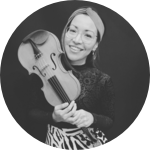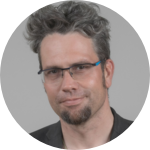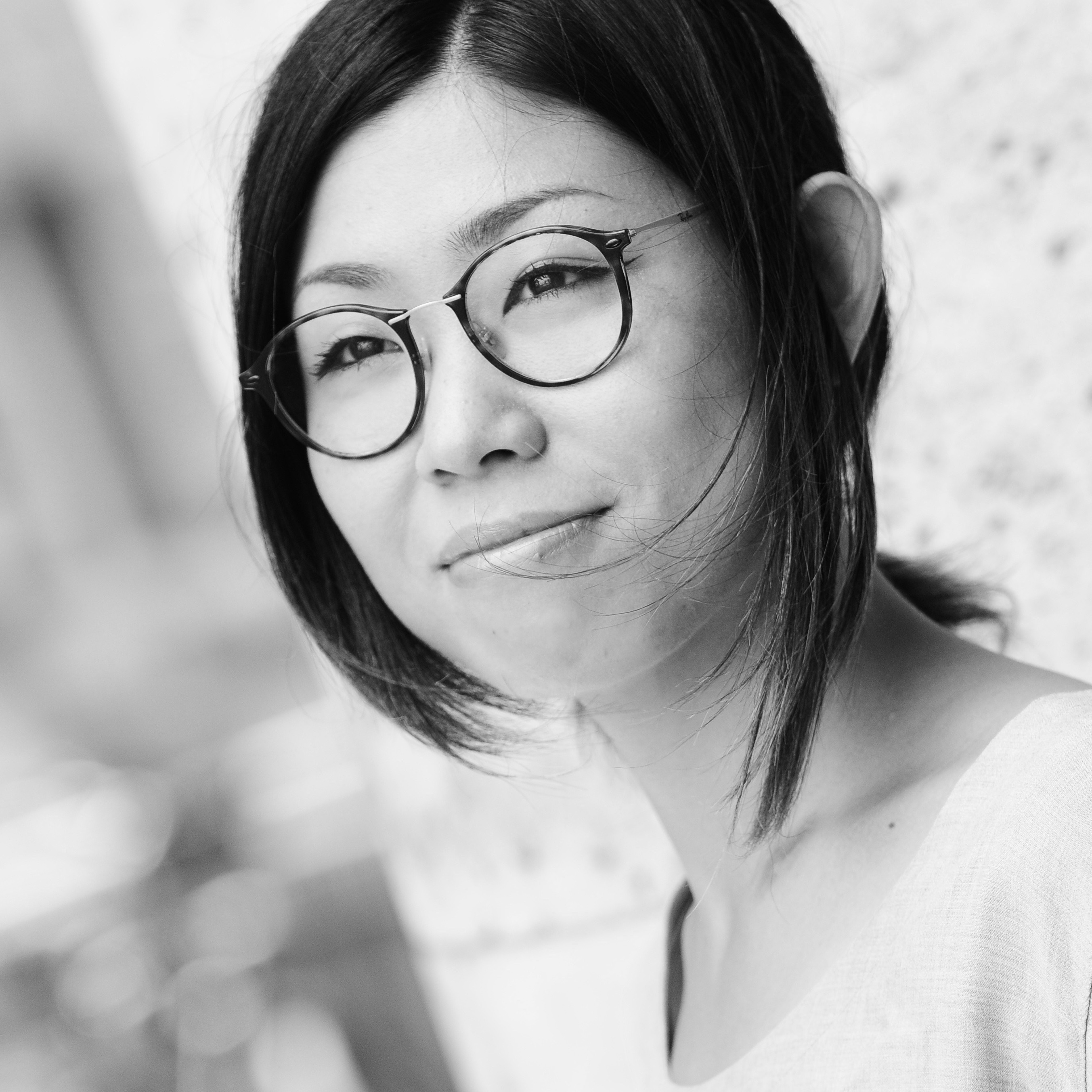About This Project
What is a concert? “One should essentially see concerts as a means of communication, as animated contact between active participants, be they listeners or creators.” So claimed the composer Pierre Boulez. We will explore the interpersonal communication that takes place in different classical concert formats, and how the social connections formed during live performance can affect the experience of classical music.
You can attend two of the concerts remotely and get involved with our experiment!
Ask the Scientists
Join The DiscussionWhat is the context of this research?
Previous research has shown that the majority of people have had their most powerful experiences of music at live events in the presence of others. Interpersonal connection therefore plays an important role in musical experience. However, what remains unclear is exactly how and under what conditions this feeling of interpersonal connection during a musical performance occurs.
We want to investigate empirically the impact of interpersonal distance between the musicians and the audience on a live performance of classical music and to illuminate how the interpersonal connections that are formed during live performance can influence the musical experience.
What is the significance of this project?
The World Health Organization (WHO) has recently highlighted loneliness as a pressing health threat and encouraged the prioritization of social connection and the acceleration of efforts to scale up solutions. In our project, we want to address on the social connection in live music by exploring interpersonal connection dynamics in live music. Findings from this project can contribute to the development of digital concert culture by investigating whether digital communication technology can be used to bridge the physical and psychological distance between people and enable to provide a social connection in live music in the digital world.
What are the goals of the project?
The main aim is to gain a better understanding of the dynamics of interpersonal connections in live (digital) concerts and to provide greater insights into the digital development of concert culture by exploring the effects of interpersonal distance on a musical sharing experience.
For this purpose, we will organize 7 live concerts to collect data from both the audience and the musicians: Data from the audience regarding their concert experience using a self-developed measurement tool and data from the musicians regarding their performance experience by interviewing them. After collecting this data, we will compare the results from different concert settings to explore the impact of interpersonal distance between musicians and audience on live performance.
Budget
The total budget for this study is $35,000.
We will organize a total of 7 concerts for this project and require a budget for 12 professional musicians, 7 media engineers and the rental of concert halls.
Our fundraising goal is $12,580 to cover the fees of 12 internationally renowned musicians and performing rights licenses. They will give two concerts (one physically distant from the audience and one in front of an audience) and be interviewed after each concert.
Endorsed by
 Project Timeline
Project Timeline
The concert series starts in April 2024 and ends in November 2024. Next, analyze data and begin drafting academic articles and PhD thesis.
Jan 03, 2024
Project Launched
Feb 01, 2024
Project Launched
Feb 26, 2024
Publication of validation of the (digital) concert experience questionnaire
Apr 28, 2024
1. Concert Experiment
May 29, 2024
2. Concert Experiment
Meet the Team
Ari Kanemaki
I am a PhD candidate in Audiocommunication at the Technical University Berlin. I am also a professional freelance viola player and work with different orchestras in Germany.
After realizing that the music industry considers the classical concert to be in crisis, I started to think as a musician and musicologist about what the function of the concert is in our society and why the concert is relevant for our society and for classical music. Why is the concert so special and essential?
During the Covid-19 pandemic, my first piano teacher, who is unable to attend concerts due to a physical disability, told me of her excitement at being able to attend streaming concerts virtually: “How grateful I felt to be able to experience the music being performed for a virtual audience and to be there with others from all over the world.” This comment led me to realize that the concert is perhaps more about interpersonal communication than just music; it is about experiencing the humanity in music. As a result, I am passionate about exploring the human factors in music and the possibility of the (virtual) concert to connect people.
Fortunately, this project involves fantastic musicians and media technicians who are curious about connecting with the audience and are passionate about the possibilities of digital development in concert culture. My mentors for this project are Prof Stefan Weinzierl and Dr Steffen Lepa at the Technical University of Berlin, who not only support this project but also are convinced of the necessity of this research.
Project Backers
- 11Backers
- 9%Funded
- $1,130Total Donations
- $102.73Average Donation


